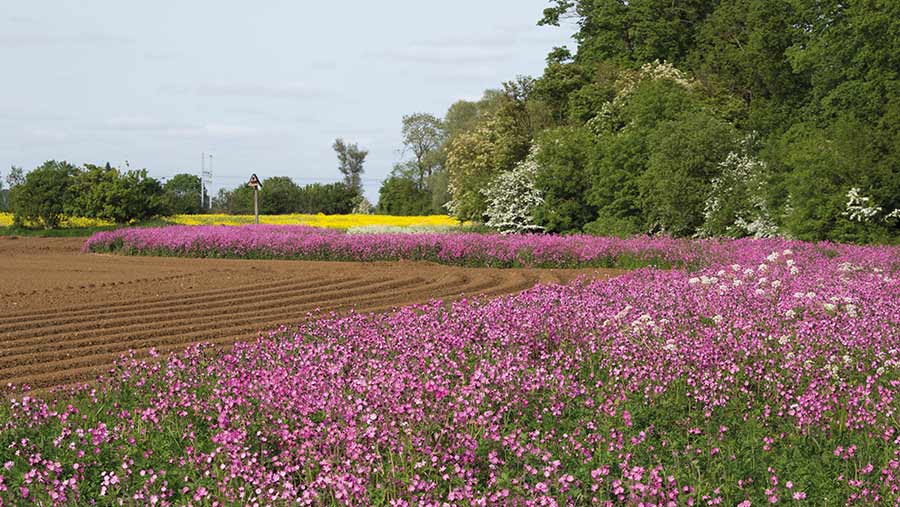Chris Bennett: BNG potential could be huge, but…
 © Tim Scrivener
© Tim Scrivener Why aren’t we talking more about biodiversity net gain (BNG)?
While the BPS winds down, the deficiencies of the Sustainable Farming Incentive have taken all the headlines, but BNG could plug this gap if a few concerns can be ironed out.
BNG is the legal obligation for developers to achieve a minimum of a 10% increase in biodiversity.
Coming into effect later this year, it will be achieved in many cases by paying farmers to deliver the biodiversity through 30-year agreements, and payments are likely to be significant.
See also: Chris Bennett – SFI set to reduce insecticide use
If the Environmental Land Management scheme pays on public money for public goods, I like to think of BNG as private money for private harm.
Recent announcements confirmed that stacking of other income streams such as environmental stewardship and nutrient credits will be permitted on the same land parcel, further adding to the potential revenue for those hard-to-manage areas.
The main barriers to entry are the status of the land at the end of the contract and the implications for both inheritance and income tax.
If the land were to be forever protected and taken out of production, future generations would be hamstrung by decisions made today.
On top of that, if there is a huge inheritance tax bill, those entering into the agreements could soon become very unpopular.
Also, what if environmental advice changes over time? Could we be locked into a scheme that is actually seen as harmful in the future?
Just think how much our views have changed in the past 30 years and how they might change in future.
BNG is so exciting because of the scale of the investment that will be channelled into the countryside, but we have to make sure the administrative costs are not too great.
Ecologists, lawyers, land agents and insurers will all take their cut, so there is a risk that the professionals are the ultimate winners rather than the people delivering the outcomes.
If the small number of concerns are addressed, BNG could be huge for agriculture.
The potential is enormous.

